
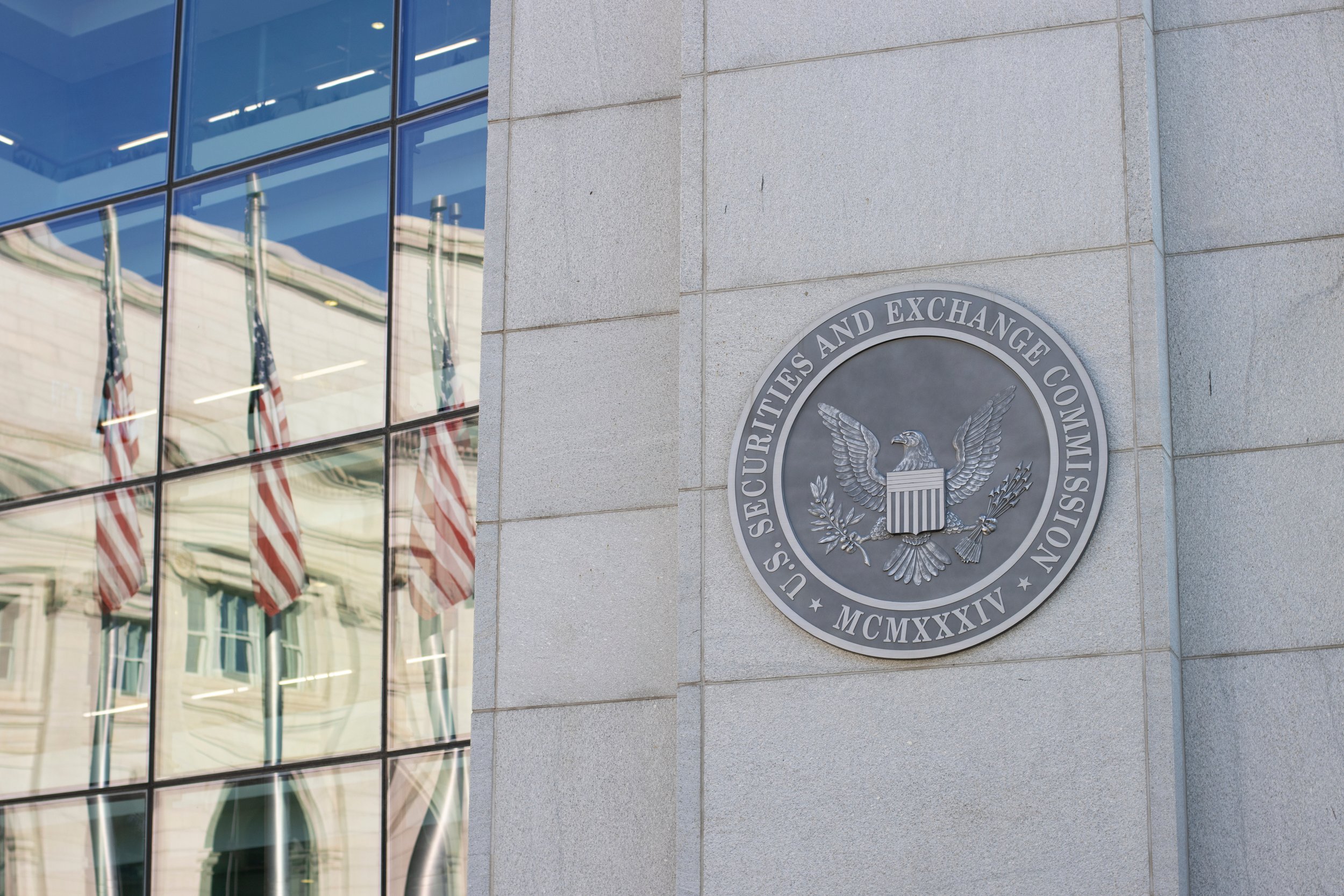
Unpacking the SEC’s 2025 Examination Priorities: What’s on the Horizon for Investment Advisers, Broker-Dealers, and the Financial Sector
With the dawn of a new fiscal year, the U.S. Securities and Exchange Commission’s (SEC) Division of Examinations has unveiled its 2025 examination priorities. This annual roadmap serves as both a warning and a guide for firms navigating the ever-evolving regulatory landscape. The 2025 priorities not only highlight long-standing risk areas like fiduciary duty and cybersecurity, but also shine a spotlight on cutting-edge issues such as artificial intelligence and the growing complexities surrounding crypto assets.

Regulatory Update and Recent SEC Actions – October 2024
October 2024 has seen the Securities and Exchange Commission (SEC) continue its aggressive enforcement actions and regulatory updates, targeting a wide range of issues from improper record-keeping to non-compliance with new marketing rules. This month also saw key personnel changes within the SEC, the disbandment of the Climate and ESG Task Force, and the adoption of rules affecting venture capital funds and registered investment companies. Below are the highlights of recent SEC actions and regulatory developments.

SEC Updates Dollar Threshold for Qualifying Venture Capital Funds: What It Means for the Industry
On August 22, 2024, the Securities and Exchange Commission (SEC) adopted a new rule that updates the dollar threshold for a fund to be considered a "qualifying venture capital fund" under the Investment Company Act of 1940. The rule raises the threshold from $10 million to $12 million in aggregate capital contributions and uncalled committed capital, reflecting inflation adjustments mandated by the Economic Growth, Regulatory Relief, and Consumer Protection Act of 2018.
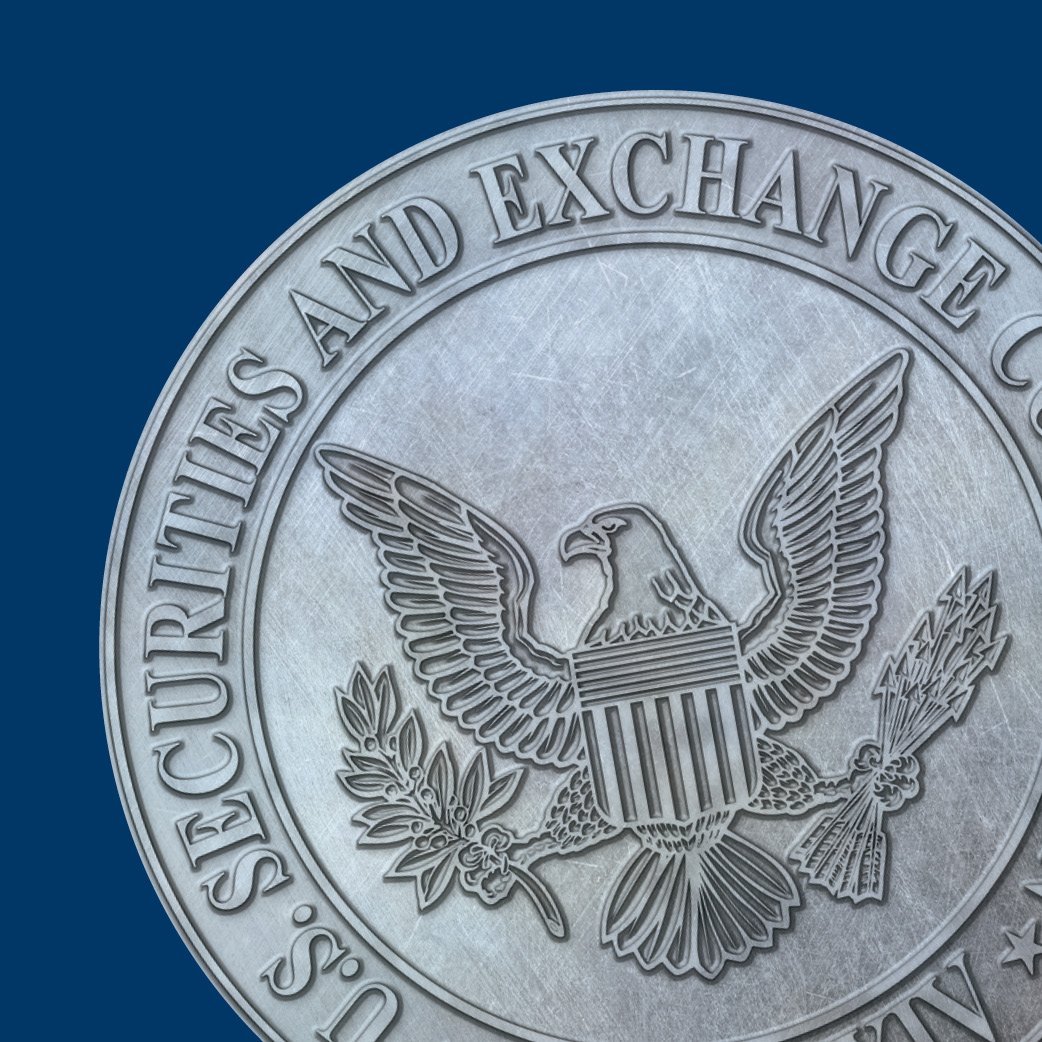
The Aftermath of PFAR’s Demise: Navigating Private Equity Compliance in a New Regulatory Landscape
The recent vacating of the Securities and Exchange Commission’s (SEC) Private Fund Adviser Rules (PFAR) by the Fifth Circuit Court has sent ripples through the private equity (PE) industry. What was initially viewed as a burdensome regulatory overhaul for PE firms is now seen as a moment of reprieve, but also a pivotal point that raises larger questions about the future of SEC oversight. While many private equity firms are breathing a sigh of relief, this regulatory pause is unlikely to signal the end of increased scrutiny from the SEC. In fact, firms may need to prepare for a more nuanced and evolving approach to compliance in the wake of PFAR’s collapse.
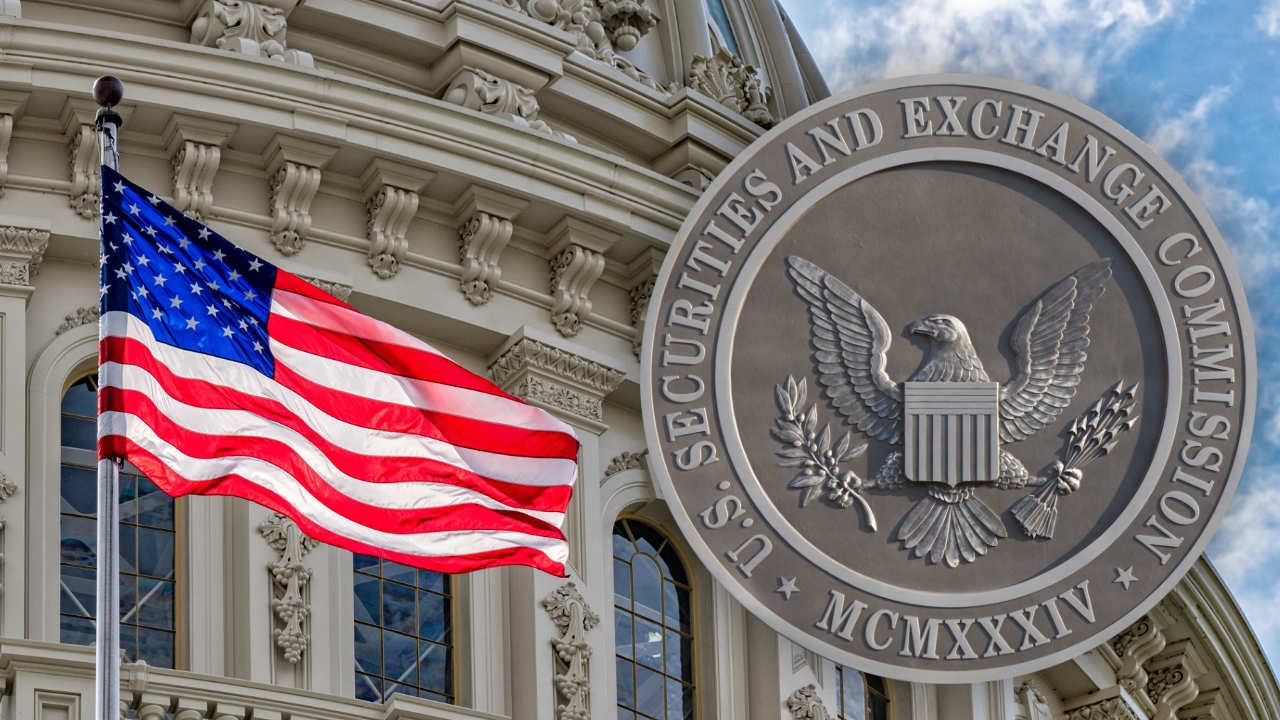
SEC Adopts Amendments to Regulation NMS: New Minimum Pricing Increments, Reduced Access Fee Caps, and Enhanced Order Transparency
On September 18, 2024, the U.S. Securities and Exchange Commission (SEC) announced significant amendments to Regulation NMS (National Market System) aimed at improving market quality, reducing transaction costs, and enhancing transparency in equity markets. These changes, which address minimum pricing increments (tick sizes), access fee caps, and the visibility of better-priced orders, mark a major shift in the regulatory landscape designed to foster competition and protect investors.
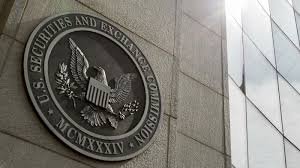
SEC Shifts Focus: Climate and ESG Enforcement Task Force Disbanded
The Securities and Exchange Commission (SEC) recently dissolved its Climate and ESG Enforcement Task Force, signaling a notable shift in the Commission's regulatory focus. Formed in 2021 under Acting Chair Allison Herren Lee, the Task Force played a central role in SEC Chair Gary Gensler’s push to enhance the availability of environmental, social, and governance (ESG) data for investors. However, after facing significant industry resistance and legal challenges, the SEC has decided to wind down the Task Force, though several key ESG and climate-related rules remain in development.
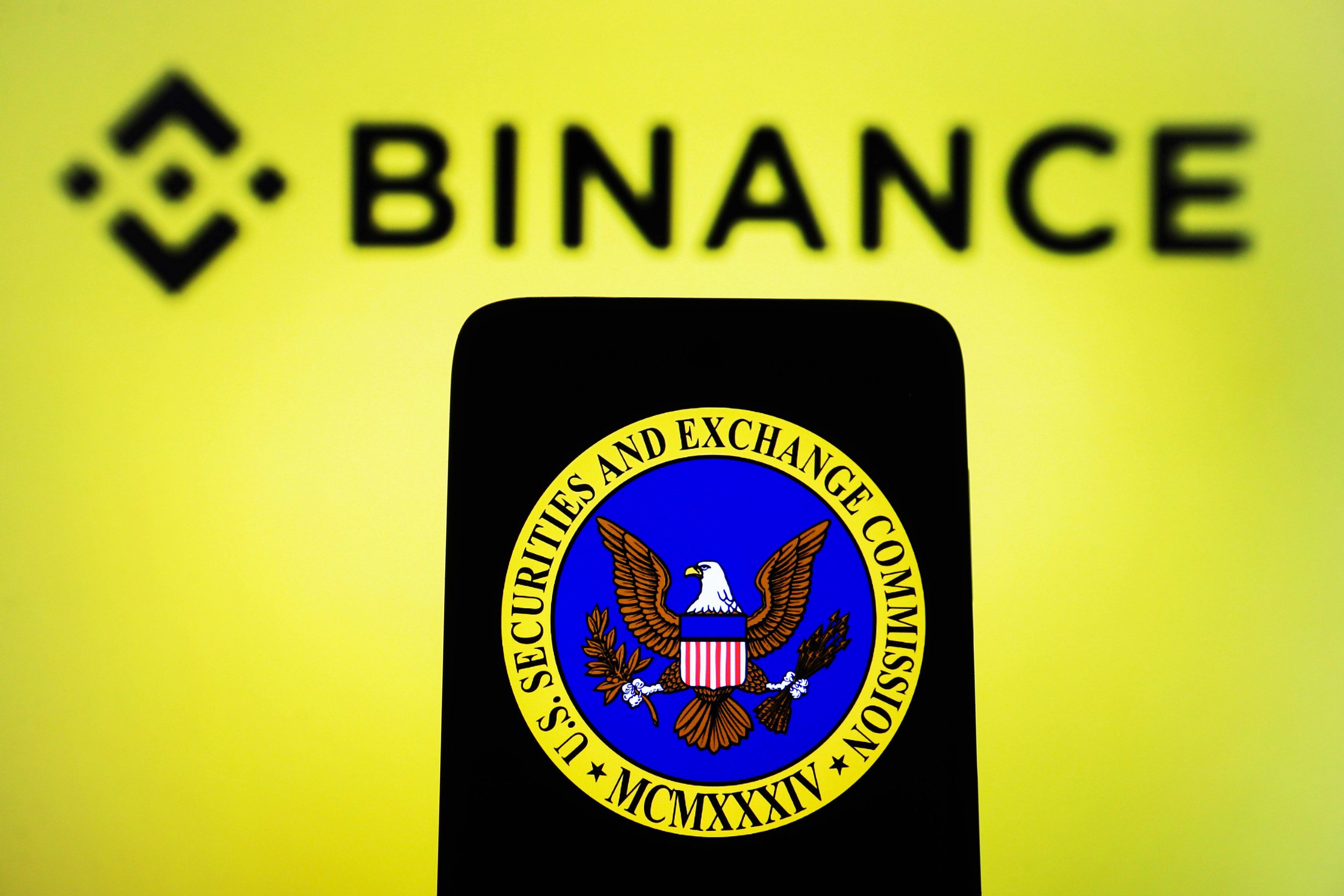
SEC Amends Binance Complaint Amid Industry Criticism Over Token Classification
In a recent development, the U.S. Securities and Exchange Commission (SEC) amended its complaint in the ongoing case against Binance, one of the world’s largest cryptocurrency exchanges. The SEC acknowledged that it may have caused confusion regarding its stance on whether certain digital tokens should be classified as securities. This amended filing, submitted in the District of Columbia, includes procedural adjustments and legal clarifications, reflecting an evolving enforcement strategy as the SEC seeks to address the regulatory challenges posed by digital assets.
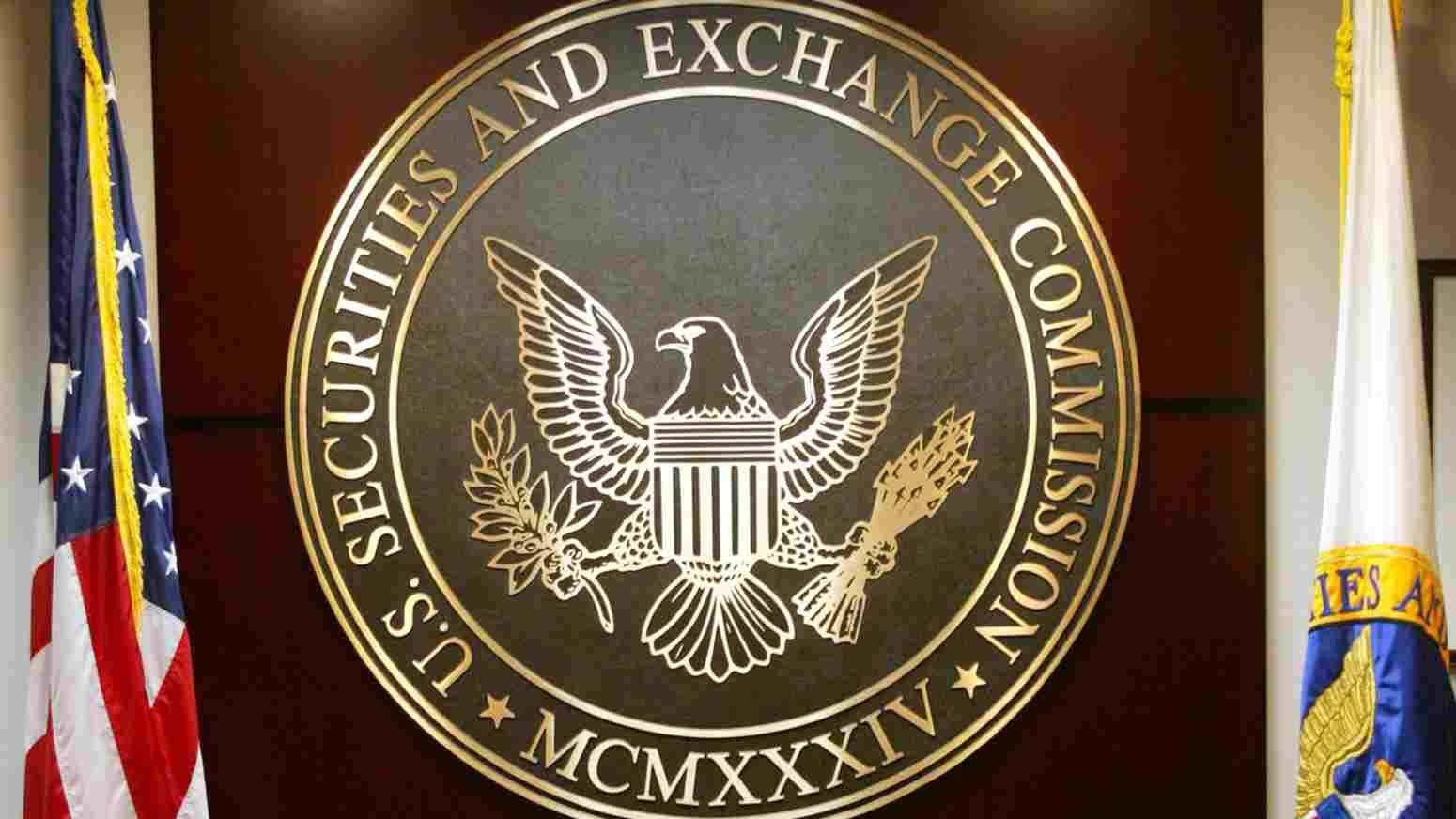
Update: The Supreme Court’s Decision in SEC v. Jarkesy and Its Broader Impact on SEC Enforcement
The Jarkesy ruling has considerable consequences for the SEC’s enforcement program. For years, the SEC has utilized its administrative forum to pursue civil penalties for securities fraud, with the flexibility to adjudicate matters in-house. However, the Supreme Court's decision effectively eliminates this option for cases seeking civil penalties. As a result, the SEC will likely need to shift more cases to federal court, where defendants are entitled to a jury trial. This shift could increase the complexity, time, and costs associated with SEC enforcement actions.

Top 10 Securities Enforcement Developments of Summer 2024
In this review, we highlight the top 10 securities enforcement developments of summer 2024, offering insights into the latest trends, landmark cases, and strategic shifts that are likely to influence compliance strategies and corporate governance moving forward. Whether you're navigating these issues in-house or advising clients, understanding these developments is essential for staying aligned with the evolving standards of securities law.

Key Takeaways from SEC Report on Cyber-Related Frauds and Internal Accounting Controls
In today's rapidly evolving digital landscape, the threat of cyber-related fraud has become an ever-present concern for public companies. The SEC's 2018 report sheds light on this issue, focusing on the risks posed by cyber-related frauds that exploit vulnerabilities in internal controls. The report serves as both a cautionary tale and a guide for companies looking to strengthen their defenses against these sophisticated attacks.

SEC Crackdown on Texting Violations: Asset Managers and Rating Agencies Brace for Next Round of Fines
The SEC’s relentless pursuit of record-keeping violations has reached new heights, as asset managers and rating agencies find themselves in the crosshairs of the regulator’s expanding probe into the use of personal devices for business communications. The investigation, which began in 2021 with a focus on investment bankers, has already resulted in over $2 billion in civil penalties from Wall Street firms. With recent settlements amounting to nearly $400 million from multiple firms, the SEC shows no signs of slowing down.

Supreme Court's Landmark Ruling in SEC v. Jarkesy: Implications for SEC Enforcement and Administrative Adjudication
On June 27, 2024, the U.S. Supreme Court issued a groundbreaking opinion in SEC v. Jarkesy, which fundamentally alters the landscape of securities enforcement and administrative adjudication. The Court’s decision unequivocally declared unconstitutional the SEC’s use of its in-house administrative courts to levy civil penalties in securities fraud cases. This ruling not only challenges the SEC’s procedural practices but also raises profound questions about the authority of federal agencies to seek similar forms of administrative relief.
